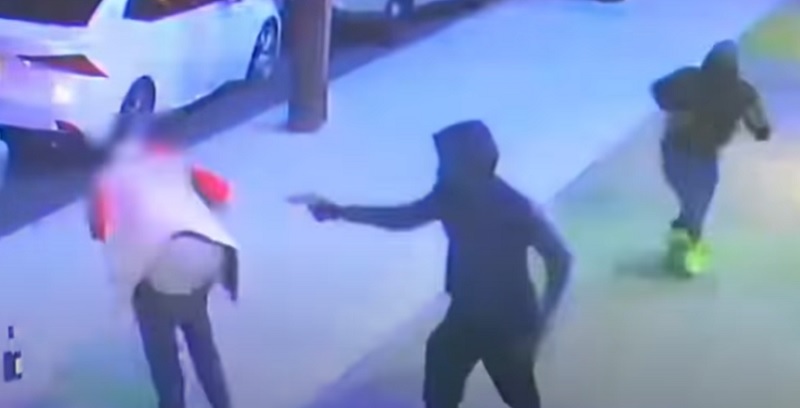
Anyone observing the cycle of crime can watch the graphs at work. Crime goes up. Laws get more severe and police are empowered to deal with criminal activity. Crime goes down. Laws get watered down, penalties get reduced, and law enforcement gets fewer dollars and support. Crime goes up.
Astute observers will also note that the public’s fear of crime, how the media reports crime, and the actual statistics about crime are all different things. One of the greatest success stories in crime reduction happened during the Clinton administration. During his campaign for the Presidency, the major theme was “It’s the economy, stupid”, but along with that, he tapped into America’s increasing fear of crime in the 1990s. Incumbent President George H.W. Bush gave crime little attention in his bid for re-election and arguably lost some traction for that oversight in addition to the economic issues of the day.
Murders had been increasing for most of the 1980s and crime in urban centers was being fueled by the crack cocaine epidemic. Urban crime was spilling into the suburbs with a spate of carjackings that made the specter of violent crime closer to middle-class America and less a distant problem of the inner city. Meth labs were emerging as a drug problem in the southwest.
Clinton’s campaign promises were fulfilled with massive federal funding. The emphasis on community policing as a solution to neighborhood crime, funding for the goal of 100,000 additional police officers on the nation’s streets, adjusting prison sentencing, and building more prisons was reflected in state legislatures as well as Congress.
Statistics on violent crime reflect a great deal of success from the 1990s until recent years. Murder rates fell considerably lower and other violent and property crimes followed a downward trend as well. Criminologists struggle to find an exact cause-and-effect relationship between crime and social factors. There is never an era when only one factor changes from year to year or decade to decade that can pinpoint the genesis of crime.
Predictors of crime include poverty rates, population changes, climate factors, trends in alcohol and other drug use, family structures, historical events such as war or internal social conflicts, and changes in laws and social attitudes. Most observers, even critics of the Clinton era crime policies, acknowledge that crime was impacted and reduced after his election.
President Biden, a U.S. Senator at the time and a proponent of the Clinton criminal justice initiatives, shrank back from those successes under criticism that the programs created an unjust inequality in practice. The term “mass incarceration” began to be part of the critique of new federally funded prisons. Harsh sentences for crack cocaine compared to lesser sentences for powder cocaine offenses that penalized black offenders over white offenders raised accusations of racism.
An interesting thing about the Clinton era crime control efforts is that violent crime was already trending downward before the anti-crime campaign. The fear of crime was still high, however, and making crime a political issue attracted the voters’ attention. Another interesting feature is that crime appeared to begin dropping before any of the massive legislation had a chance to move from proposals to passage to implementation. This begs the question of what really caused the social shift towards less violent crime.
Perhaps when the public simply gets fed up with crime that message reaches the ears of both politicians and those predisposed to crime (and for the sake of this article we’ll assume those are two different groups). When the public gets fed up with criminals being hailed as heroes for resisting law enforcement, when the public gets fed up with judges releasing dangerous defendants, when the public gets fed up with politicians coddling leftist ideologies that blame everyone but the criminal for their behavior, then the message goes out.
When offenders know that the police are supported, that prosecutors work for the innocent, and that politicians get votes for being tough on crime, only then will fear be restored to the guilty where it belongs. When politicians stop blaming schools, the police, guns, and society at large, perhaps the accountability they clamor for can return to those who choose to defy decent behavior. It’s time to be fed up with crime.